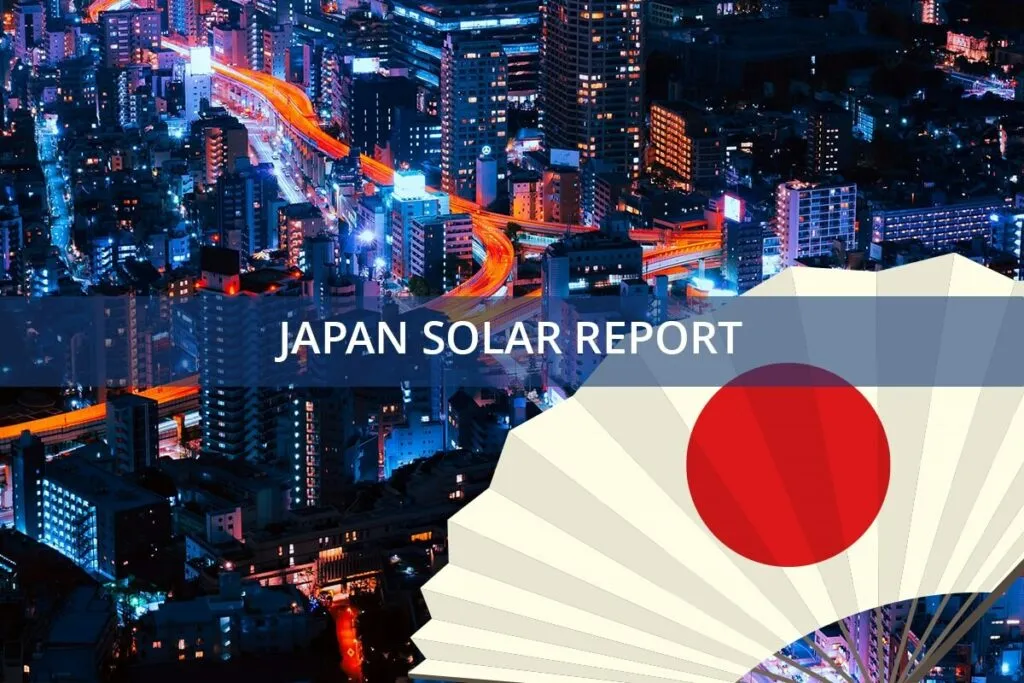Tokyo solar panel mandate for new buildings
In a landmark move, Tokyo has announced a new regulation requiring solar panels on new buildings, set to take effect in April 2025. This directive is a key part of the city’s comprehensive strategy to achieve net-zero carbon emissions by 2050.
The regulation, approved by the Tokyo Metropolitan Assembly, mandates solar panels for new buildings with roof areas over 20 square meters (about 215 square feet). This requirement applies to single-family homes, office buildings, and commercial facilities alike, marking a significant shift in the city’s urban energy policy.
First approved by the assembly in 2022, this solar initiative is part of Tokyo’s ambitious plan to become a decarbonized city by mid-century. Officials estimate the policy could cut annual greenhouse gas emissions by approximately 45,000 tons, making a major contribution to the global effort against climate change. Underscoring the measure’s urgency, Tokyo’s governor, Yuriko Koike, stated, “The climate crisis is real. We cannot wait any longer.”
Expanding the Tokyo solar panel mandate
The new regulation expands on existing laws that already require solar panels on specific types of buildings, such as factories and schools. The Tokyo Metropolitan Government (TMG) also plans to extend the requirement to cover renovations of buildings with roof areas exceeding 1,000 square meters (10,764 square feet), starting in fiscal year 2025.
This solar mandate is part of Tokyo’s broader climate change strategy, which also includes enhancing building energy efficiency and promoting electric vehicle usage. Governor Koike stressed the importance of these combined efforts, asserting, “We are determined to make Tokyo a decarbonized city.”
The regulation requires solar panels to cover at least 30% of a new building’s roof area. Building owners will also be responsible for maintaining the panels to ensure they remain effective.
Support for Tokyo solar panel mandate implementation
To support the mandate’s implementation, the Tokyo government will offer subsidies to help offset the cost of installing solar panels. This financial aid is meant to encourage compliance and ease the burden on building owners.
The environmental impact of this requirement is expected to be substantial. The Tokyo government projects the mandate will reduce carbon emissions by around 45,000 tons annually—equivalent to the emissions from approximately 15,000 cars. For further insights into Japan’s solar strategies, you can visit Japan solar strategy: 5 Powerful Steps to Achieve PV Challenges 2025.
Beyond the environmental benefits, the mandate is expected to stimulate economic growth by creating new jobs in the renewable energy sector. It could also lead to cost savings for property owners, who can reduce their electricity bills and potentially generate income by selling surplus energy.
However, the new regulation is not without its critics. Members of the Tokyo Metropolitan Assembly’s opposition, including the Communist Party, have expressed concerns that the mandate could drive up housing costs in a city already known for high property prices.
Despite these concerns, the solar panel mandate is poised to play a vital role in Tokyo’s efforts to reduce its carbon footprint and combat the global climate crisis. For more on Japan’s long-term goals, consider exploring Japan solar strategy: 5 Essential Steps for Carbon Neutrality by 2050.



